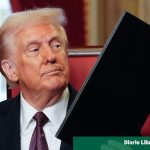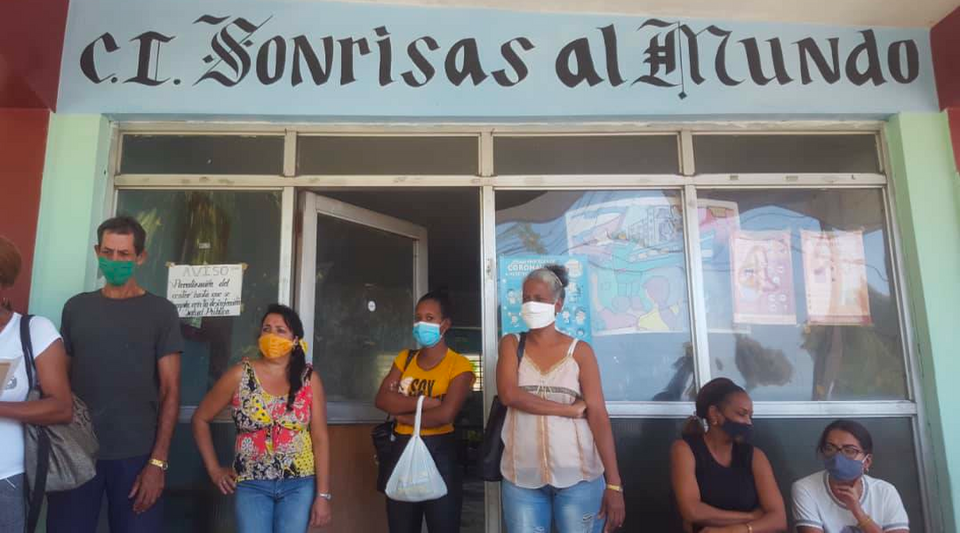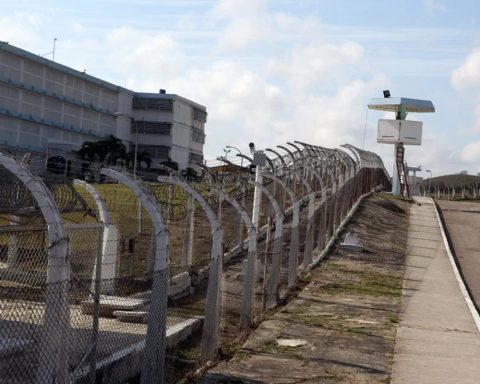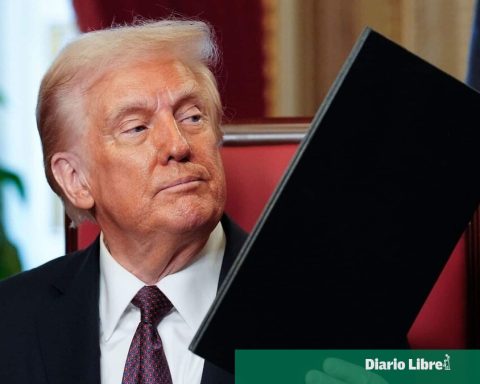The measure to exempt federal fuel taxes was launched by former President Jair Bolsonaro last year as he sought to boost his popularity by lowering prices during his re-election campaign.
But President Luiz Inácio Lula da Silva, who ended up defeating the former far-right leader in October elections, extended the tax exemption on diesel and biodiesel until December this year, and on gasoline and ethanol until February.
Powerful collection
With the return of gasoline and ethanol taxes, Haddad’s team will have a boost of about 29 billion reais ($5.59 billion) in federal revenue this year.
The decision is part of a set of measures that seek to reduce this year’s primary deficit below 100 billion reais.
The end of the exemption is viewed positively by the ethanol industry, since without taxes biofuel loses competitiveness compared to gasoline.
Effects on the market
On the first trading day of the week, and despite closing practically stable, the Brazilian stock market remained in the red following the Brazilian government’s decision to reapply taxes on gasoline and ethanol.
With a little more than 3 million operations, the largest Latin American parquet by number of businesses totaled a volume of 17.573 million reais (about 3.375 million dollars), a figure lower than the usual daily average.
The preferred shares of the state oil company Petrobras (+0.69%) ended the session as the most traded, followed by the common shares of the Vale mining company (0.00%), one of the world’s largest producers and exporters of iron and which had no variation.
In the foreign exchange market, the dollar appreciated 0.16% against the real, which ended the first day of the week quoted in the commercial exchange rate at 5,206 reals, both for purchase and sale.
With information from Reuters and EFE.
















